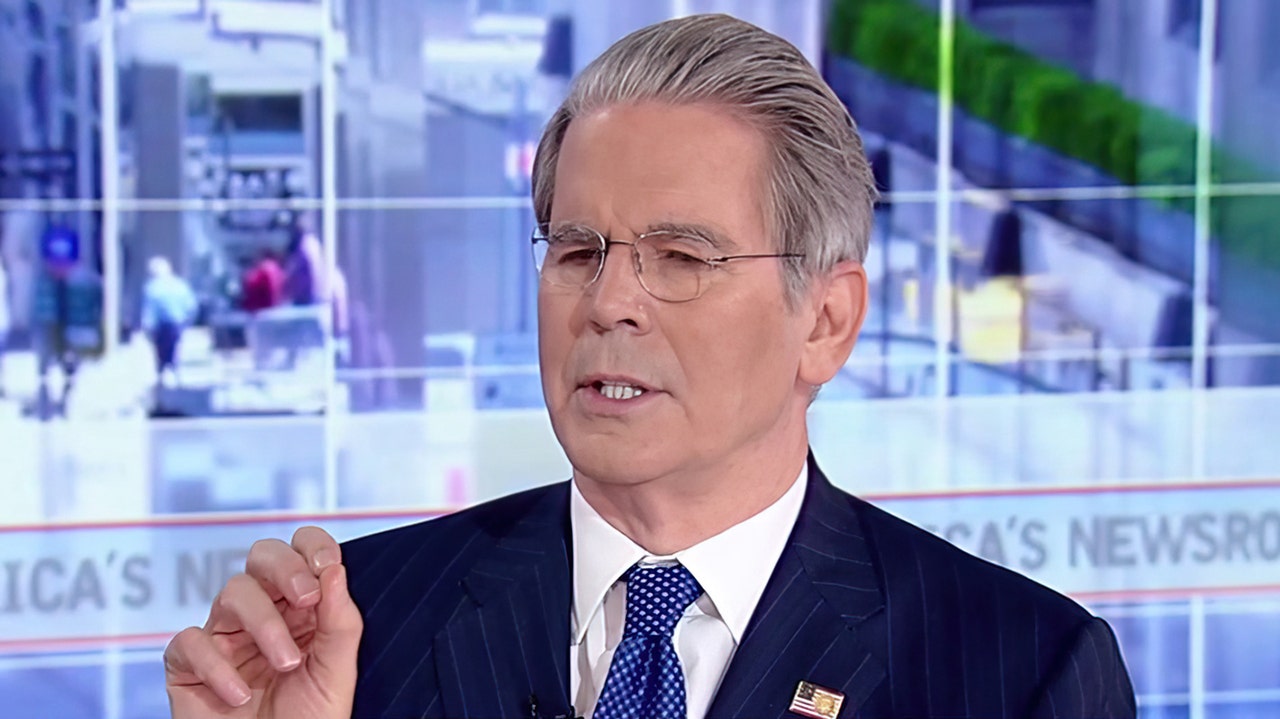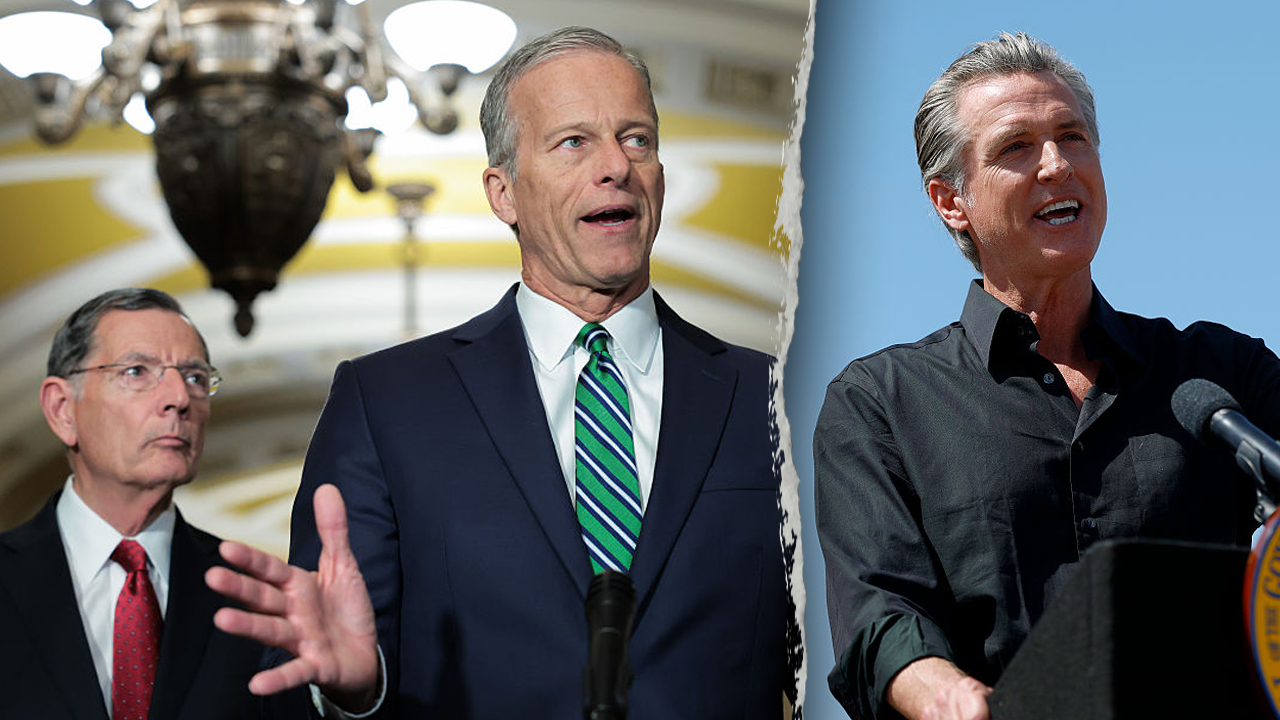A key element of the tax-cut package that the Trump administration and congressional Republicans are working to pass got approved by the Senate as a standalone measure, though it carries a significant cost.
The Senate unexpectedly passed the No Tax on Tips Act late Tuesday when Sen. Jack Rosen, D-Nev., spoke in favor of the bill, which Sen. Ted Cruz, R-Texas., introduced earlier this year with Rosen as an original co-sponsor. Rosen asked for unanimous consent to pass the bill, and when no senators on hand objected, it passed the upper chamber.
“No Tax on Tips was one of President Trump’s key promises to the American people, which he unveiled in my state of Nevada, and I am not afraid to embrace a good idea, wherever it comes from,” Rosen said of the bill originally drafted by Cruz.
The passage of the Senate’s standalone no-tax-on-tips measure occurred ahead of the House’s passage of the broader tax package favored by Republicans and President Donald Trump, which also includes a temporary no-tax-on-tips provision. Despite those distinctions, economists have put the cost of the measure at about $10 billion in foregone tax revenue per year.
TRUMP AND CRUZ’S ‘NO TAX ON TIPS’ PLAN PASSES SENATE WITH UNEXPECTED HELP FROM DEM
The standalone No Tax on Tips Act would create a new, permanent federal income tax deduction of up to $25,000 for cash tips for eligible employees working in jobs that receive tips “traditionally and customarily” based on a definition to be established by the Treasury Department. Eligible workers would have to earn less than $160,000 in 2025, a figure that would be adjusted for inflation in the years ahead.
While the Senate’s standalone bill would make the change permanent, the provision in the House bill is similar, though it’s scheduled to sunset after four years. Congress often makes tax or spending provisions temporary because the budgetary impact scores lower and can thus help lawmakers comply with rules that limit the deficit impact of bills considered through the reconciliation process.
A recent analysis of the no-tax-on-tips legislation by the nonpartisan Peter G. Peterson Foundation, as part of a broader look at the House’s “One Big, Beautiful Bill” tax package, found that the provision would cost about $40 billion in foregone tax revenue over a decade, with costs at $10 billion a year for four years before sunsetting.
NEW PROJECTION SIGNALS GOOD NEWS FOR FAMILIES, WORKERS IN TRUMP’S ‘BIG, BEAUTIFUL BILL’

Brett Loper, executive vice president of policy at the Peter G. Peterson Foundation, told FOX Business that the provision is unlikely to have a significant impact on economic growth given the modest relief it provides to a relatively small subset of the U.S. workforce.
“I think this would have a negligible impact on the economy. You’re talking about a very small number of workers who would be eligible for it, something like 1.7% of the workforce, and the amount of tax reduction they’re going to get is relatively modest,” Loper said. “I think you could make arguments that, for any benefit that you would have from those individuals having additional take-home pay, you could point to the additional cost of maintaining that much more debt that the government’s going to have to issue in order to cover this un-offset tax provision.”
Loper added that Congress has “an almost infinite number of ways in which other revenue can be found to offset these types of provisions, and the Senate isn’t doing it, and the House, while they have a slightly different approach with a limit of four years, they’re not doing it either. In both cases, we’re just deficit-financing tax cuts.”
GIG ECONOMY TITANS UBER, DOORDASH BACK TRUMP’S ‘BIG, BEAUTIFUL BILL’ IN CAPITOL HILL PUSH

The nonpartisan Committee for a Responsible Federal Budget (CRFB) looked at the Senate’s No Tax on Tips Act and estimated a cost of $100 billion or more over a decade, which CRFB President Maya MacGuineas criticized for adding to the national debt.
“Exasperated doesn’t even begin to do it. This most recent vote to deliver no tax on tips is especially egregious since it shows that the only thing the United States Senate appears to be able to agree on unanimously is that they want to deliver more tax cuts and totally disregard the potential impact on the national debt, which we estimate could be upwards of $100 billion or more over a decade,” MacGuineas said.
“Not only is this policy expensive, but it also benefits one specific group and is not how we should be going about designing tax policy,” she added. “The whole point of tax reform is to reduce carve-outs and expand the tax base, not narrow it further by giving specific industries handouts.”
Fox News Digital’s Charles Creitz contributed to this report.













